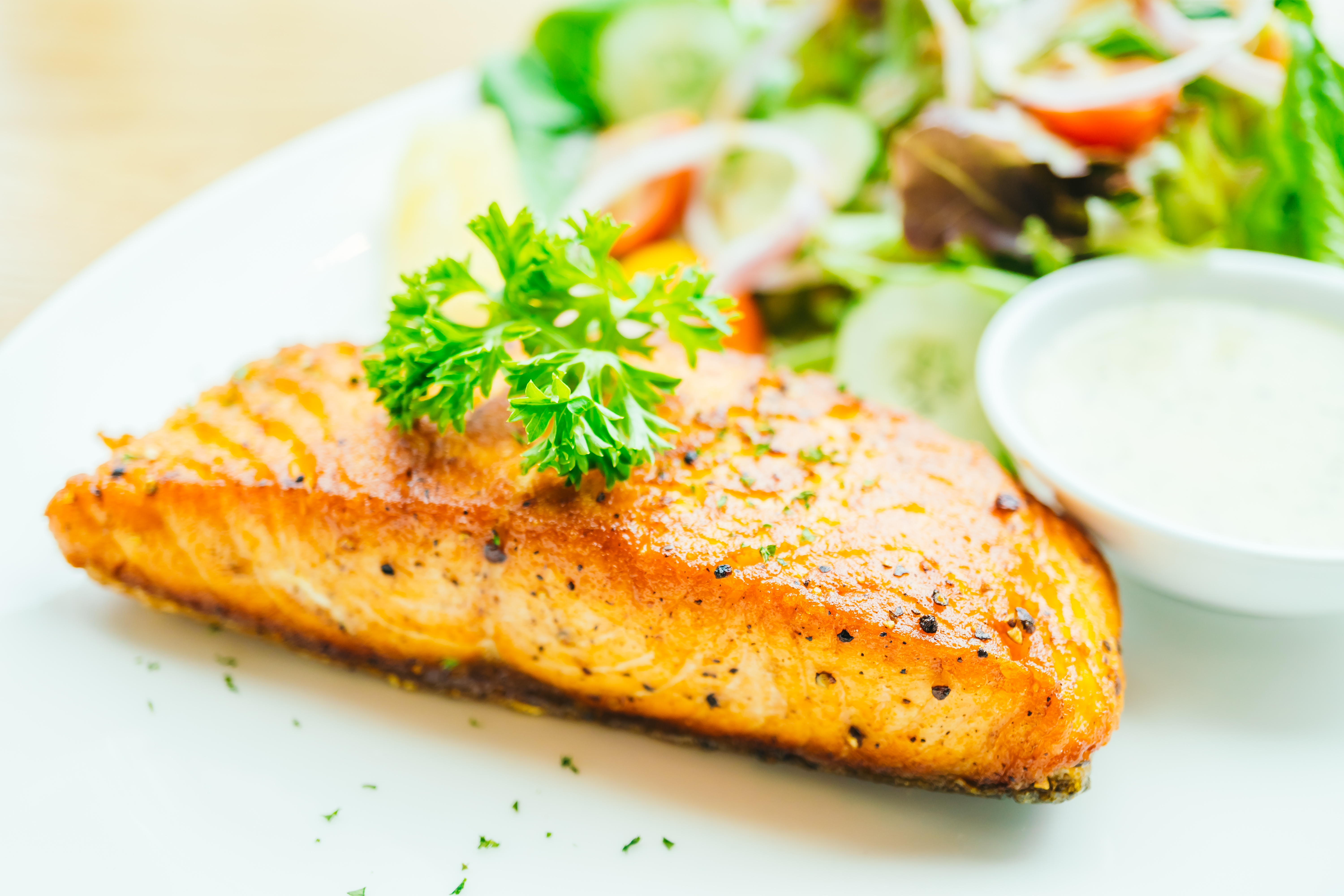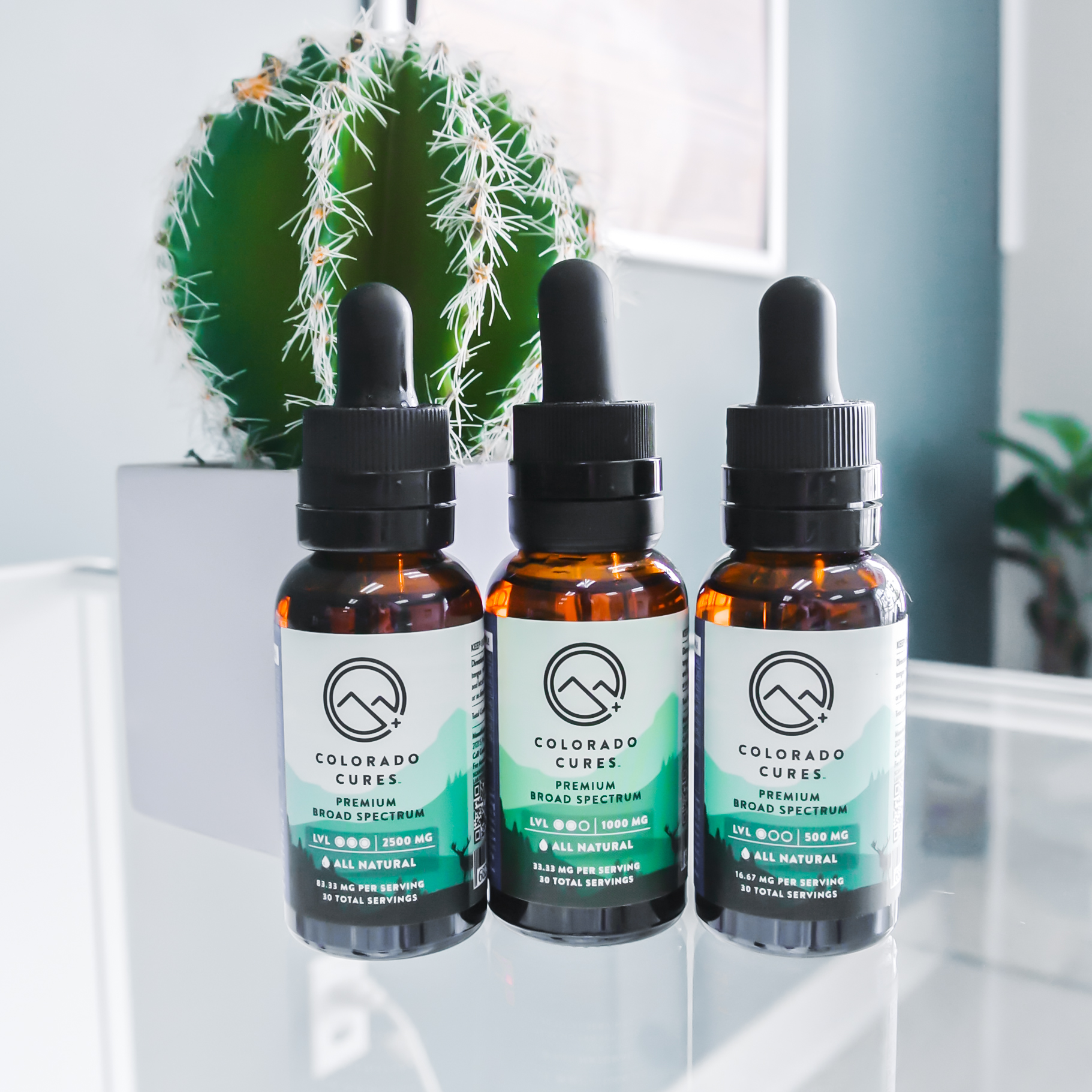Inflammation Issues? Tips to Reduce Inflammation and Feel Better!
Posted by Lily on Aug 12th 2024
Inflammation is a normal immune system response to illness, injury, or germs that helps the body heal. However, excessive inflammation can be caused by a variety of other factors, such as autoimmune diseases, pollutants, toxins, stress, diet, and substance abuse. Not only can excessive inflammation cause pain and discomfort, it can also cause tissue damage, health conditions, and chronic diseases. Here are some tips for reducing inflammation!

1. Dietary Adjustments:
Incorporating more anti-inflammatory foods such as leafy greens, berries, fatty fish (like salmon and mackerel), nuts, seeds, and olive oil can help reduce inflammation. Another dietary consideration that can help is avoiding foods that are heavily processed, high in added sugars, high in refined carbs, and high in trans fat. Some spices like turmeric, ginger, and garlic have also been proven to reduce-inflammation.

2. Regular Exercise:
Moderate physical activity has been shown to reduce inflammation by promoting overall health and reducing fat, which can contribute to inflammation. Examples of moderate exercises include but are not limited to: walking, swimming, or cycling. However, intense and excessive exercise can sometimes increase inflammation and/or result in injury. It is important to balance exercise with rest and recovery times, to respect physical limits, and to stay hydrated!

3. Stress Management:
Mental well-being can affect physical well-being, too! Stress is a normal part of life, but it is important to manage it in a healthy way. Going to therapy or talking with another mental health professional is a good option. There are methods to handle stress that can be done for free and without anybody else, like meditation, yoga, and deep breathing exercises.

4. Adequate Sleep
Ensure you get enough quality sleep each night, as poor sleep can exacerbate inflammation. Aim for 7-9 hours per night!

5. Cannabidiol (CBD):
Studies suggest that CBD may help reduce inflammation by interacting with the endocannabinoid system. CBD may influence inflammation through several mechanisms, including its effects on immune cells and its interaction with various receptors in the body. It’s important to start with a low dose and consult with a healthcare professional, especially if you’re taking other medications or have underlying health conditions.
CBD tinctures are a popular form of administration. They are typically taken sublingually (under the tongue) for faster absorption. The tincture form allows for precise dosing and can be a convenient way to incorporate CBD into your routine. At Colorado Cures, we have a variety of dosing options and flavors available here!


